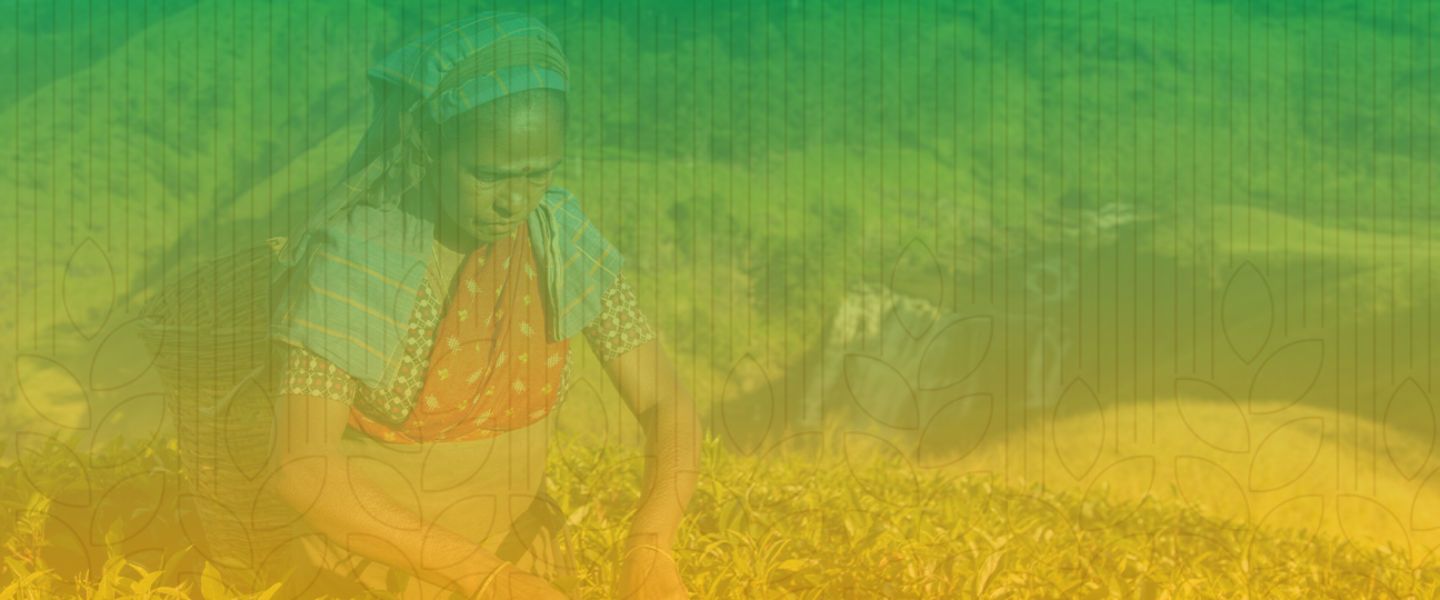High food prices have triggered a global crisis that is driving millions more into extreme poverty, magnifying hunger and malnutrition. The number of people who are experiencing acute food insecurity and will need urgent assistance is likely to climb to 222 million people in 53 countries and territories, according to a FAO-WFP report.
Following the start of the war in Ukraine, trade-related policies imposed by countries have surged. The global food crisis has been partially made worse by the growing number of food trade restrictions put in place by countries with a goal of increasing domestic supply and reducing prices. As of September 29, 2022, 20 countries have implemented 29 food export bans, and six have implemented 12 export-limiting measures.
World Bank Action
As part of a comprehensive, global response to the ongoing food security crisis, the World Bank Group is making up to $30 billion available over a period of 15 months in areas such as agriculture, nutrition, social protection, water and irrigation. This financing will include efforts to encourage food and fertilizer production, enhance food systems, facilitate greater trade, and support vulnerable households and producers:
- A $300 million project in Bolivia that will contribute to increasing food security, market access and the adoption of climate-smart agricultural practices.
- A $315 million loan to support Chad, Ghana and Sierra Leone to increase their preparedness against food insecurity and to improve the resilience of their food systems.
- A $500 million Emergency Food Security and Resilience Support Project to bolster Egypt’s efforts to ensure that poor and vulnerable households have uninterrupted access to bread, help strengthen the country’s resilience to food crises, and support to reforms that will help improve nutritional outcomes.
- A $130 million loan for Tunisia, seeking to lessen the impact of the Ukraine war by financing vital soft wheat imports and providing emergency support to cover barley imports for dairy production and seeds for smallholder farmers for the upcoming planting season.
- The $2.3 billion Food Systems Resilience Program for Eastern and Southern Africa, helps countries in Eastern and Southern Africa increase the resilience of the region’s food systems and ability to tackle growing food insecurity. The program will enhance inter-agency food crisis response also boost medium- and long-term efforts for resilient agricultural production, sustainable development of natural resources, expanded market access, and a greater focus on food systems resilience in policymaking.
In May, the World Bank Group and the G7 Presidency co-convened the Global Alliance for Food Security, which aims to catalyze an immediate and concerted response to the unfolding global hunger crisis.
The heads of the FAO, IMF, World Bank Group, WFP, and WTO released a Second Joint Statement on the Global Food Security and Nutrition Crisis, which notes that considerable progress has been made in the four key areas: providing immediate support to the vulnerable, facilitating trade and the international supply of food, boosting production, and investing in climate-resilient agriculture.
Last Updated: Oct 03, 2022
Featured
Contacts
-
Meriem GrayWashington, D.C.
-
Nugroho Nurdikiawan SunjoyoWashington, D.C.


Leave a Reply